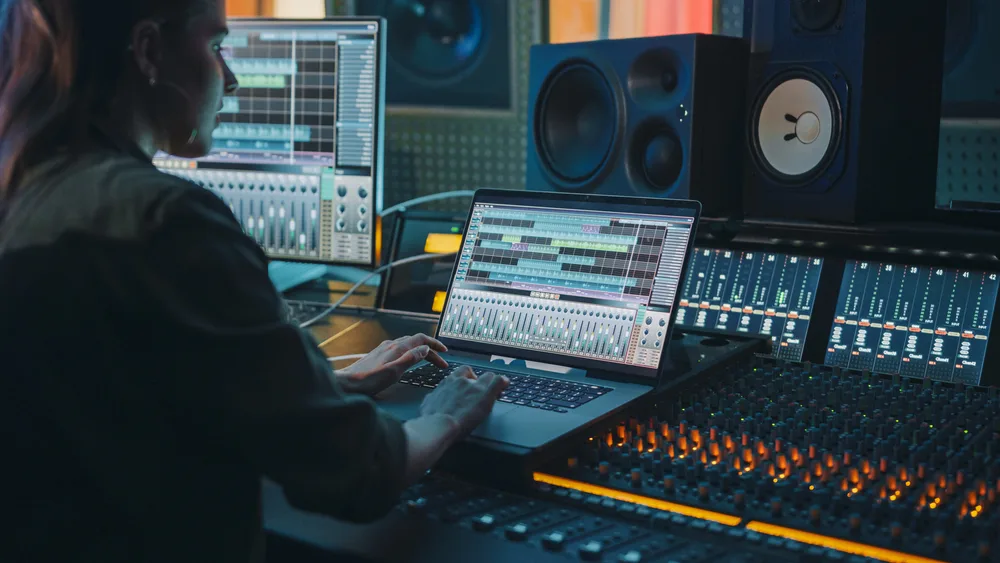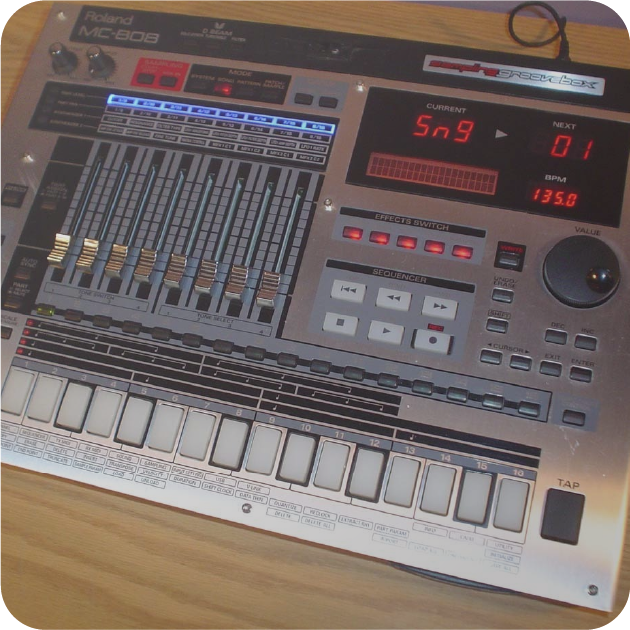
What Are Sample Packs: Everything You Need to Know About Sample Packs
When it comes to making music, one can take many different routes. Whether you want to do your own thing and create something new or you would instead use a sample pack of pre-made sounds, the decision is up to you.
Sample packs are audio samples typically found in electronic music production with varying complexity and genre specificity. Sample packs provide producers with access to high-quality sounds, which they can edit for their productions without spending hours searching for individual samples on sites like SoundCloud.
Whatever your preference, this blog is here to help guide you through the process.
What are Sample packs?
A sample pack is a collection of sounds intended for music producers to use in their music. Often, they are used as the basis for tracks or that one extra sound that takes them to the next level. Sample packs come with files in various formats, including .wav, and can span seconds to minutes.
Sample packs or sample sound pack libraries are audio samples typically found in electronic music production. Sample packs provide producers with access to high-quality sounds, which they can then use for their productions without spending hours searching for individual samples on sites like SoundCloud.
Why Do Producers Produce Sample Packs?
The benefits of sample packs are that you get to create your own work and have complete ownership over it. This means you can sell a royalty-free license or give master clearance, allowing creative freedom when choosing samples without worrying about legal consequences.
Types of Sample Packs:
Construction Kits:
A construction kit contains a set of loops and sounds designed to work together. The key, bpm, chord structure, and song structures are the same for each sound in the kit, so they can be used as building blocks when constructing a beat or track from scratch. When using these kits, you drag and drop any files into your DAW (digital audio workstation), which will automatically line them up.
Loops:
A loop is a repeating section of melodies, chords, chord progressions, or even single sounds; when these sounds are played repeatedly in a rhythmic pattern, they’ll eventually settle into your brain as one continuous melody.
One Shot:
A one-shot is a single sound that impacts the entire composition. These are usually emphasized sounds and can be melodic, like piano riffs, or more random sounding, such as bangs. One shots are not loops nor drums – they fall somewhere in between those two categories of music-making elements!
MIDI Samples:
Think of MIDI as digital sheet music for your DAW. It tells your DAW what notes to play, when, and how fast. The best thing about MIDI is that it isn’t tied down to only one instrument- you can apply a single pattern and get different instruments playing in sync!
Sample Packs Categorization According to Styles of Sample Packs:
1- Sample Packs Based on Instrument Type:
You can easily find sample packs specific to a particular instrument, like the Piano Sample Pack containing only piano sounds or drum sample packs containing only drum sounds.
2- Vocal Sample Packs:
Likely, every genre of music today relies heavily on vocals to breathe life into the mix, and most are done through human singing and voice. However, many producers need help to reach out to a specific vocalist or singer when making their arrangements because so many pre-made vocals companies have been providing nowadays.
3- Drum Kits and Drum Sample Packs:
Drum samples are recordings of single hits of all the individual parts of drum kits. So if you get one snare hit, for example, and cut it very precisely. Then, you can copy and paste that single hit differently during editing or mixing.
Drum sounds are made up of many pieces: each instrument’s sound is recorded individually so they can be used separately later on when creating mixed tracks, with drums being more punchy than usual.
Drum kits have different drum sounds to choose from, as well as other instruments like melodies or samples.
WHAT TO LOOK FOR IN SAMPLE PACKS?
-
Stems:
Stems are individual files that make up a sample. Sometimes, the producer is looking for something other than a blend of music but individual files so he can make extra edits. For example, if a sample contains synths, strings, a flute, and drums, but the producer is only interested in synths, not the flute, he can get a separate file from the Stem.
-
Dry and Wet Samples:
Dry Samples are sound samples that have no effect added to them. Wet samples are sound samples with added effects, like the reverb effects. Though Wet samples might sound nice, you must always keep the dry samples to add effects to them later. If you add effects to a wet sample, its sound quality will deteriorate. That is why keeping a dry sample gives us flexibility.
-
Quality:
Ensure the quality of the sample pack you plan to buy is excellent. Make no compromises on the quality of the product, no matter what!
FAQs about Sample packs:
Sample Packs are a bunch of snippets of existing music?
No, the producer’s main job is to create a sample from scratch. They’ll either play the melody, some chords, or a riff, which will become their final product. They don’t sample old records.
Is it worth buying a sample pack?
Yes, Sample packs are a great way of getting the sounds you need rather than starting from scratch and trying to create it yourself. And most of the time, it’s not easy creating a sound yourself.
[hfe_template id=’202′]





